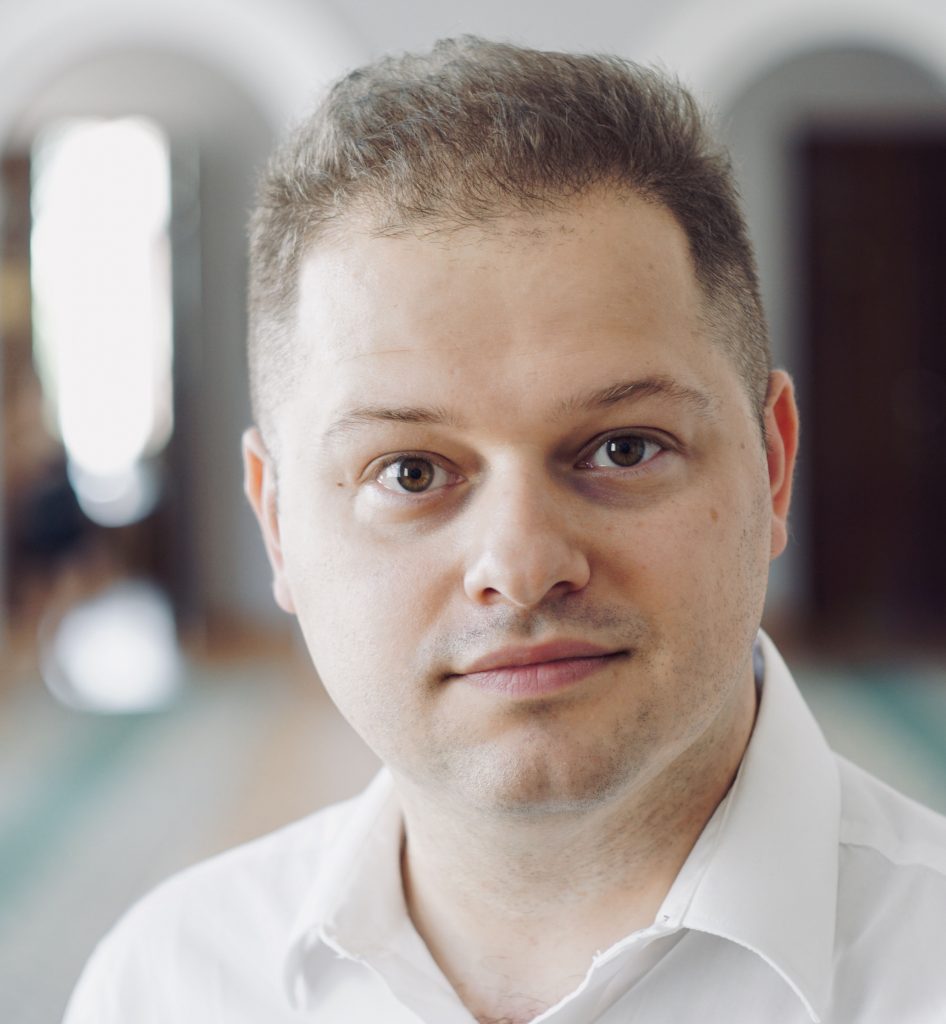Ukraine’s Church-State Relationship May Be Changed Significantly: Interview with Dmytro Vovk

This interview was initially published by the Forum for Ukrainian Studies, an analytical online platform of the Canadian Institute of Ukrainian Studies. Dmytro Vovk was interviewed by Heather Coleman (University of Alberta).
Heather Coleman: Even before the 2022 full-scale invasion of Ukraine by the Russian Federation, you argued that the war with Russia since 2014 had changed church-state relations in Ukraine. Can you describe that evolution?
Dmytro Vovk: There are two main trends here, which overlap. The first trend is securitization, and the second one is a drift to a more cooperationist model of church-state relations with respect to securitization. Since 2014, religion, and especially inter-Orthodox competition, has become a matter of security concern for Ukraine. Before the war, there were several academics, experts, and some politicians promoting this sort of “spiritual security” approach, but it was never a matter of urgent high political priority or comprehensive state policies.

